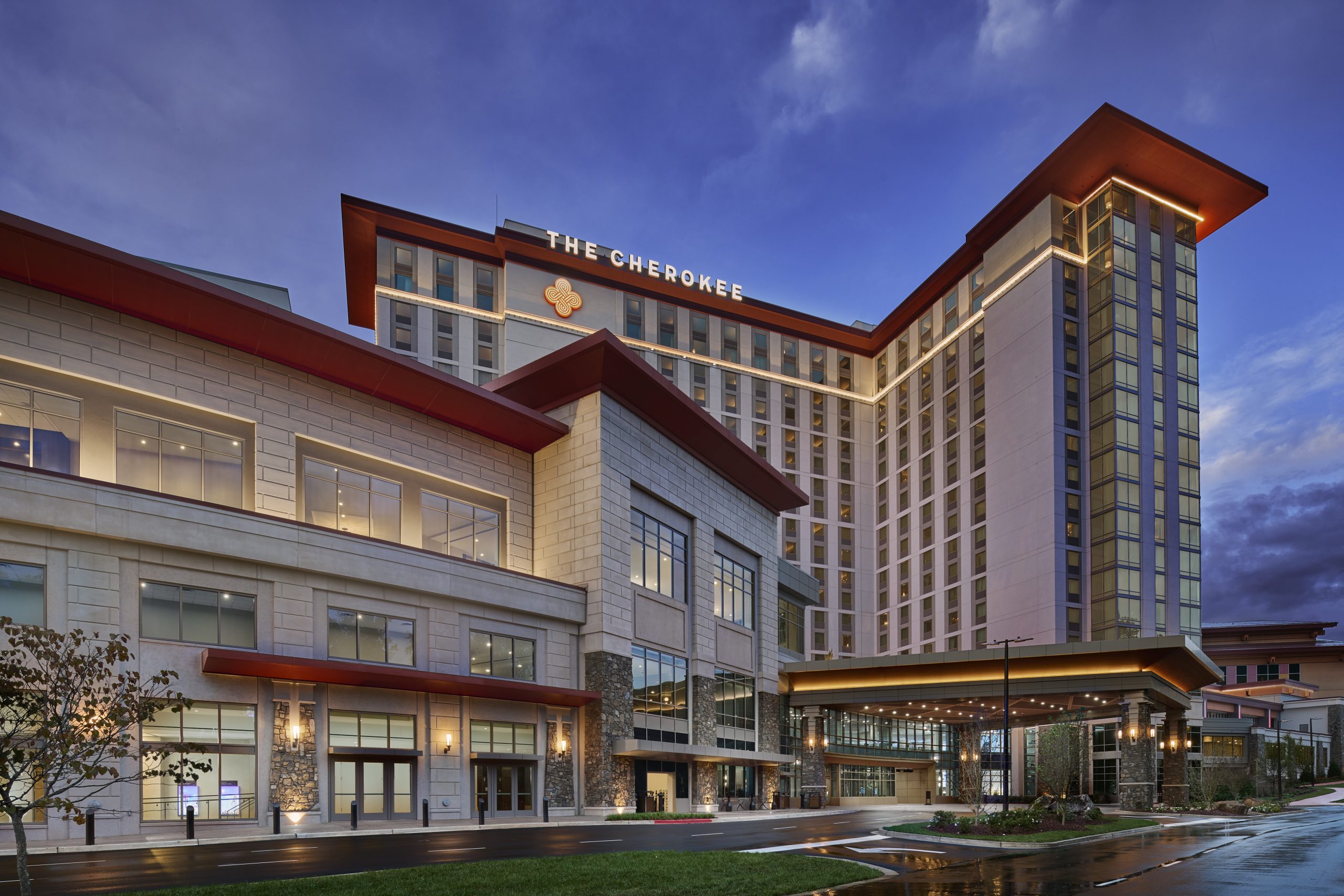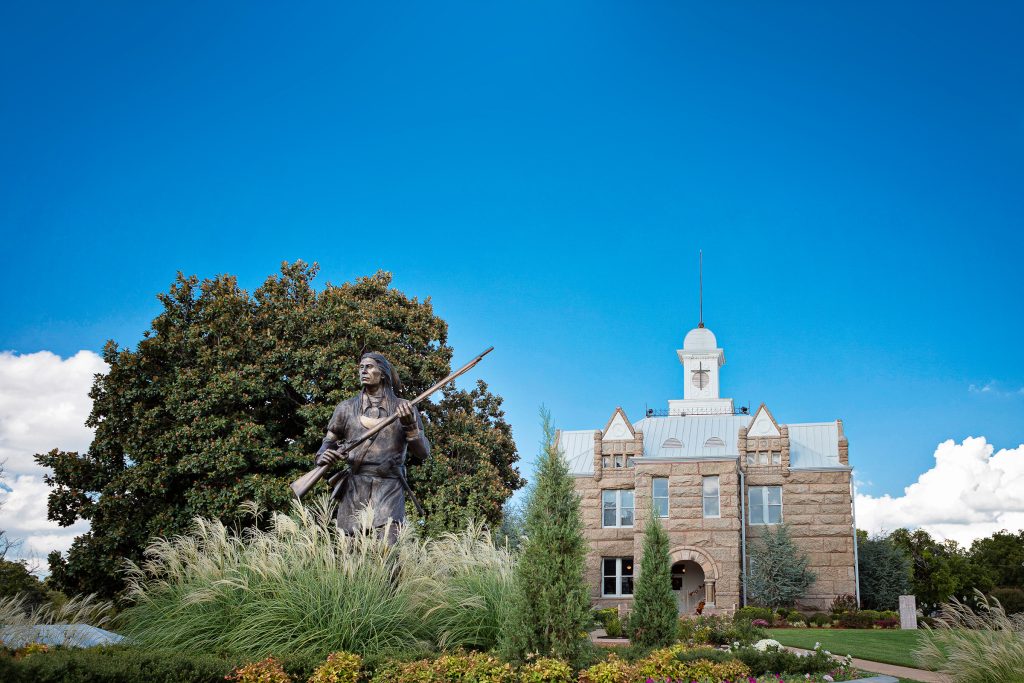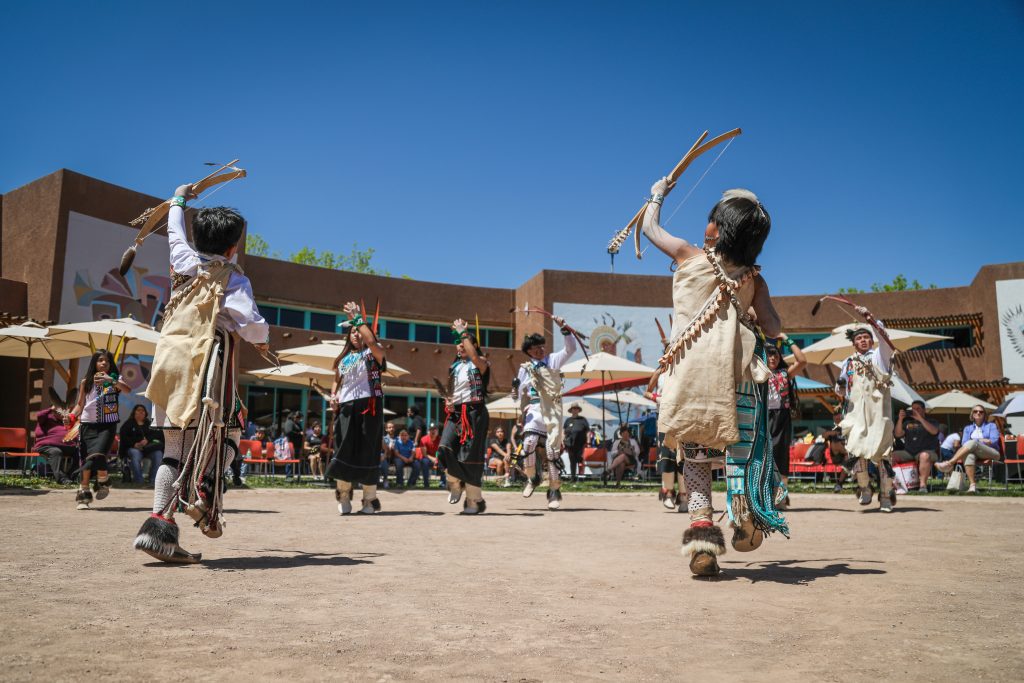Economic Impact of Indigenous Tourism

In the September/October cover story of Destinations magazine, “It Takes a Village: As Indigenous-led tourism grows, more truth is told, more lessons are learned, and reconciliation begins,” we learn how Indigenous America’s compelling narratives are helping groups discover deeper roots and forge meaningful connections. But did you know Indigenous tourism has quite an impact on both the national and local economies?
Indigenous tourism is not a small sector. “There are 353,653 Native-owned businesses in the U.S., and they brought in $38.8 billion in revenue,” says Camille Ferguson, economic development director of the Sitka Tribe of Alaska. “Included in that is 67,248 businesses in the hospitality sector, contributing $7.6 billion in revenue.”
Dixie Thompson, museum director at the Aktá Lakota Museum and Cultural Center in Chamberlain, S.D., says the economic benefits of tourism to Indigenous communities can be substantial. “It contributes to the alleviation of poverty and the improvement of living conditions by bringing in money through tourism-related activities, providing jobs for locals, and assisting small companies.”

Read more!
Read the September/October 2024 Destinations cover feature, “It Takes a Village,” for a more in-depth look!
Several destinations are helping to empower Indigenous communities.
Half of the profits from Harrah’s Cherokee Casino Resort, located in the Great Smoky Mountains of Western North Carolina, are divided evenly between enrolled members of the Eastern Band of Cherokee Indians, while the other half goes toward tribal operations. “Profits have helped fund new state-of-the-art schools and hospitals on the Qualla Boundary, reacquire tribal lands, and preserve the EBCI culture, language, and heritage,” says Brian Saunooke, regional vice president of marketing for Harrah’s Cherokee Casinos.
To learn more about Harrah’s Cherokee Casino Resort visit harrahscherokee.com.
Harrah’s Cherokee Casino Resort | harrahscherokee.com, (877) 778-8138
Pictured above: Harrah’s Cherokee Casino Resort. Photo courtesy of Harrah’s Cherokee Casino Resort.

Chickasaw Country Tourism in Oklahoma is helping to improve the local economy through its cultural attractions, more than 23 gaming properties, hotels, restaurants, and shops.“Indigenous tourism has always been part of the fabric and identity of Chickasaw Country,” says Paige Shepherd, director of tourism at The Chickasaw Nation. “Our tourism efforts are directly tied to our mission of enhancing the overall quality of life for the Chickasaw people. When visitors come to Chickasaw Country and spend money in our shops, restaurants, attractions, and accommodations, they are adding to the local economy and improving the area in return.”
To learn more about Chickasaw Nation, visit chickasawcountry.com.
Chickasaw Nation | chickasawcountry.com, (405) 767-8998
Photo courtesy of The Chickasaw Nation.
The year-round tourism at the Indian Pueblo Cultural Center in New Mexico provides hundreds of people with jobs, including many from the Pueblo communities. A portion of the income from the organization’s umbrella of businesses goes back to the Pueblo communities, and the IPCC also drives traffic to the Pueblos that are open for tourism.

To learn more about the Indian Pueblo Cultural Center, visit indianpueblo.org.
Indian Pueblo Cultural Center | indianpueblo.org, (505) 843-7270
Photo courtesy of Indian Pueblo Cultural Center.
Linda Formichelli has been a freelance writer since 1997. She lives in Raleigh, N.C.
